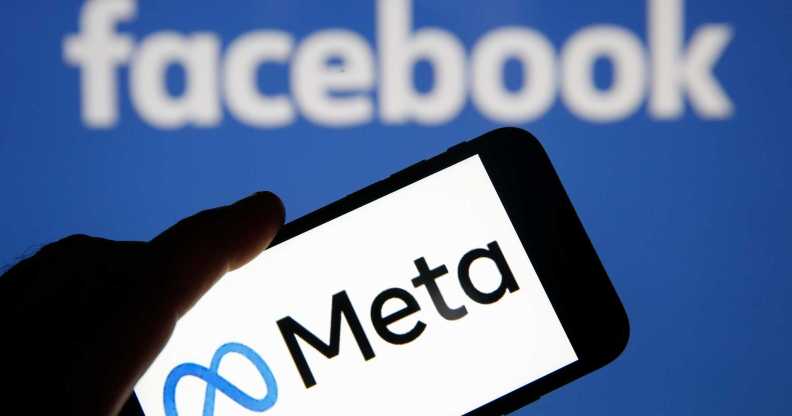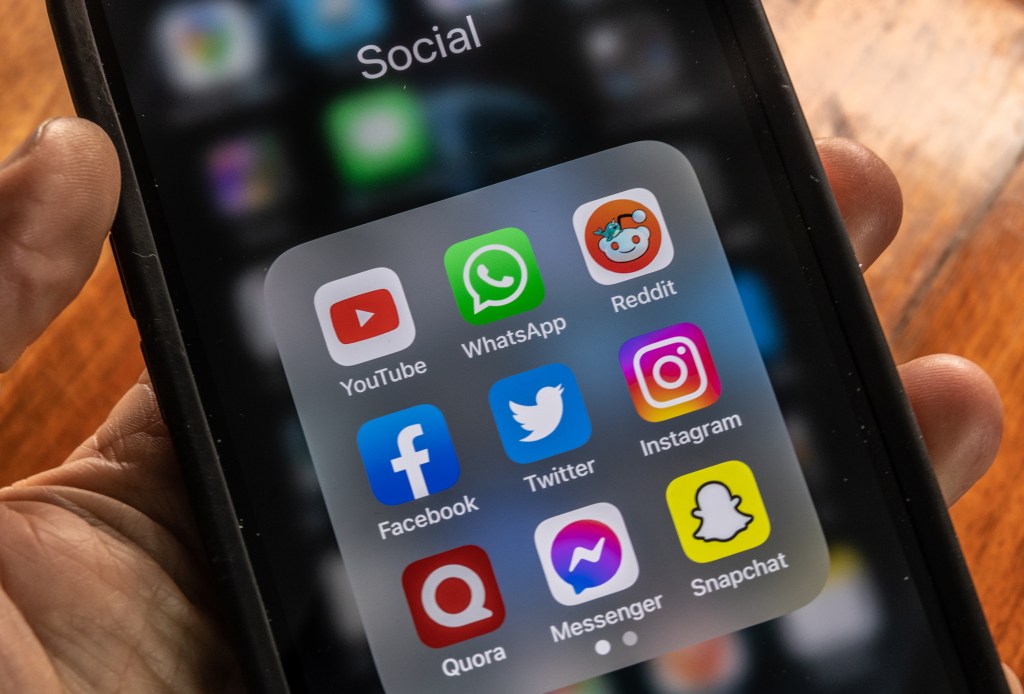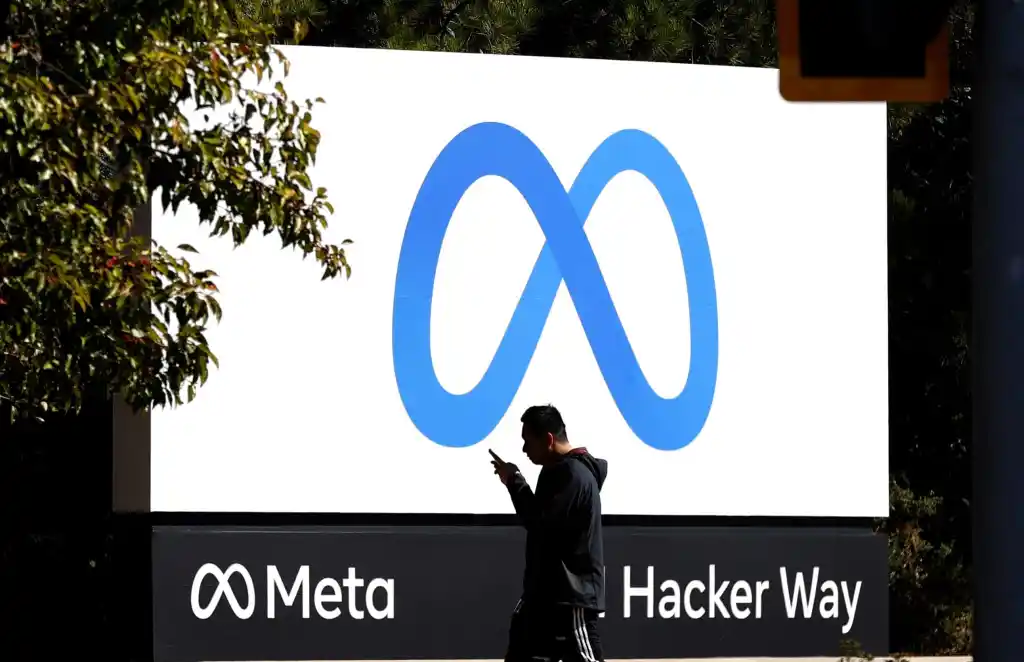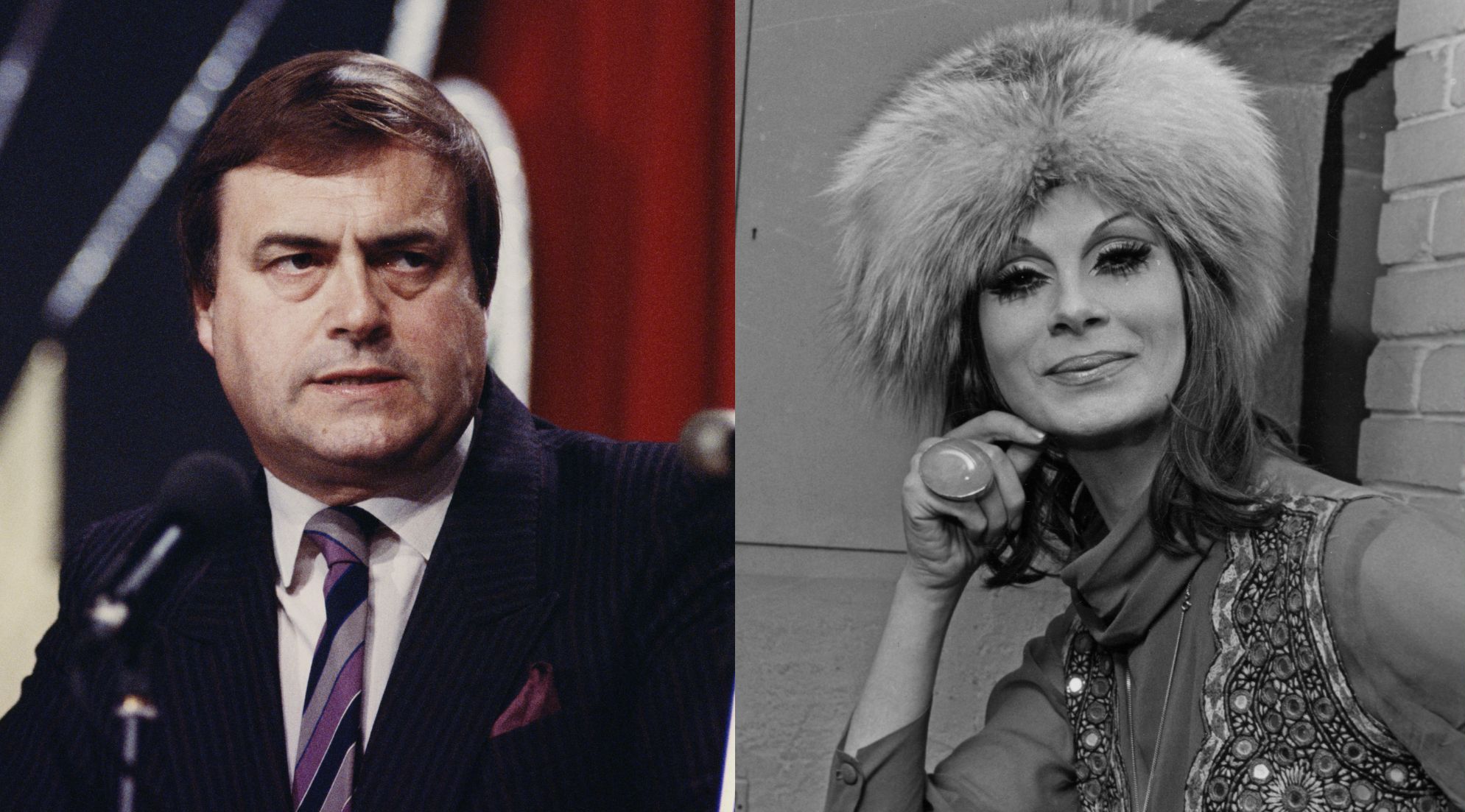Meta asked to do more to protect LGBTQ+ users from outing and abuse

Meta is being urged to do more to protect its LGBTQ+ users who are being doxxed, outed, and abused online. (Chesnot/Getty Images)
Human Rights Watch has launched a new campaign that calls on social media giant Meta to do more to protect LGBTQ+ users from being abused online.
The #SecureOurSocials campaign demands that Meta act like a global leader and do “everything in its power” to ensure the security of the LGBTQ+ community.
Last year, research conducted by GLAAD determined that all major social media platforms were failing to protect LGBTQ+ people.
“They actively and intentionally decide thousands of times a day to interpret such material as being allowable,” the GLAAD research read.
Now, Human Rights Watch is calling on the world’s largest social media company to get the ball rolling and show some accountability.

Based on the research of a number of human rights organisations – particularly Human Rights Watch’s 2024 report ‘Digital Targeting and Its Online Consequences for LGBT People in the Middle East and North Africa’ – the campaign determined that the digital targeting of LGBTQ+ people on social media platforms had “far-reaching offline consequences.”
The organisation found that security forces in Egypt, Iraq, Jordan, Lebanon, and Tunisia had utilised social platforms like Facebook and Instagram to gather evidence to entrap and prosecute LGBTQ+ people.
LGBTQ+ individuals interviewed by Human Rights Watch reported being harassed, doxxed, outed, and abused on platforms like Facebook and Instagram.
Many reported losing their jobs, being subjected to family violence such as conversion practices, having to change their place of residence or even flee the country, and experiencing extreme mental health difficulties as a result of being targetted online.
The organisation’s #SaveOurSocials campaign aims to encourage Meta to be more accountable for its users and more transparent by publishing data on user safety.

While Meta’s policies and terms of use to prohibit many forms of online abuse, Human Rights Watch suggests that the company often falls short.
The organisation notes that Facebook and Instagram often allow content that directly targets LGBTQ+ people to remain on Facebook and Instagram, despite violating the parent company’s policies, but is quick to shut down posts and accounts that document human rights abuses or express support of Palestine.
Commenting on the launch of the campaign, LGBT rights deputy director at Human Rights Watch, Rasha Younes, said: “As the largest social media company in the world, Meta should be a global leader in making social media safe for everyone.
“When LGBT people, who already face insecurity offline, use Facebook and Instagram for connection and organising, they deserve certainty that Meta is doing everything in its power to ensure their security.”
Younes added: “Meta has underinvested in user safety and underestimated the role its platforms play in facilitating abuses against LGBT people in the region.
“Meta should always be accountable for the security of users on its platforms, but especially when it can protect them from egregious harm.”







